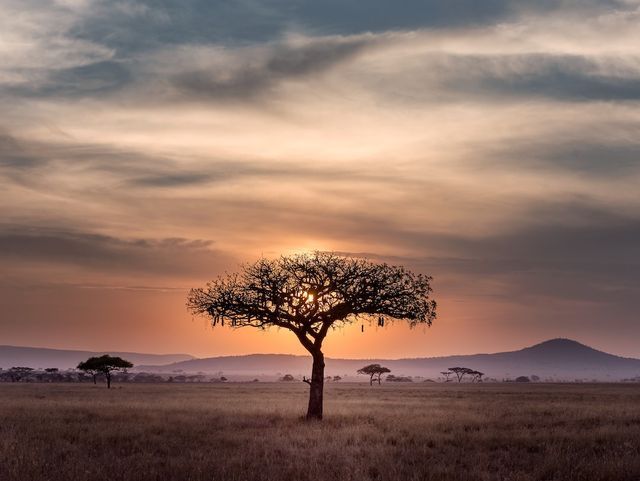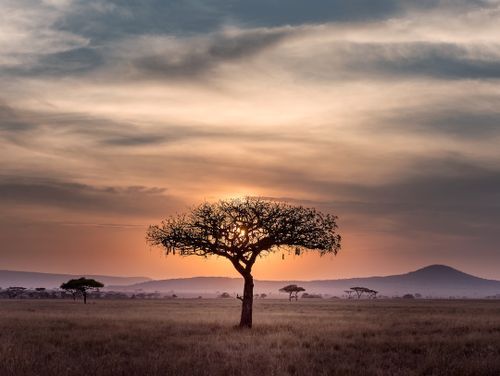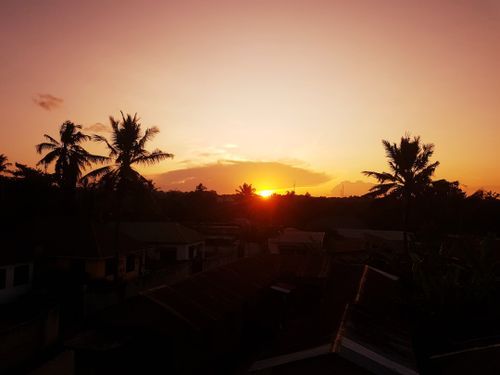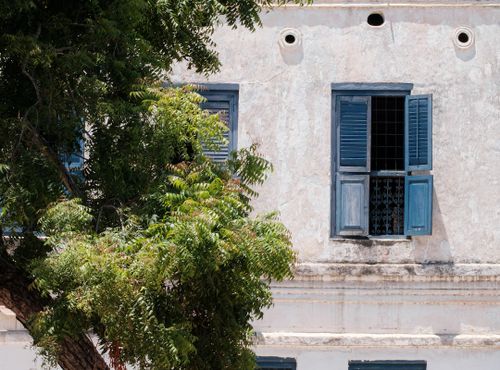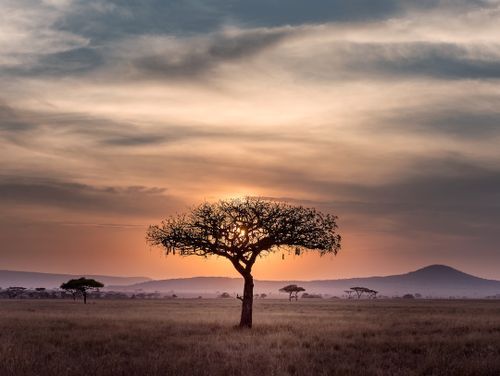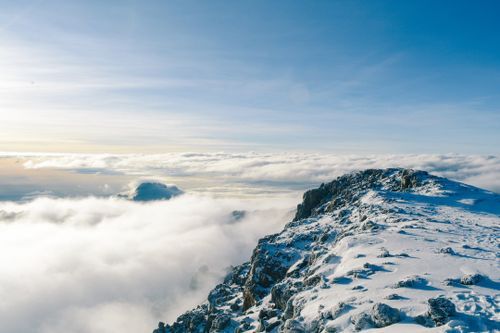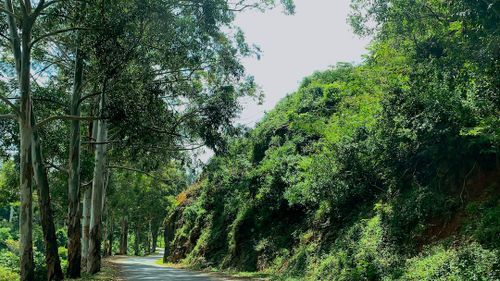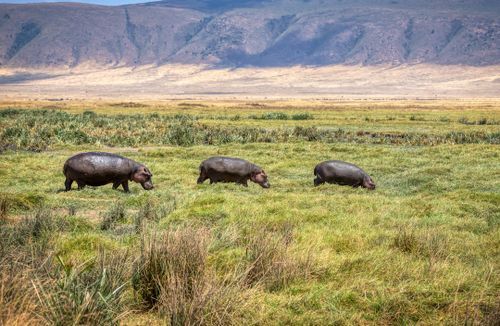Is Serengeti safe for solo female travelers?
Serengeti is considered relatively safe for female solo travelers. Its established tourism industry ensures infrastructure and amenities catering to tourists' safety. Parks are usually visited in guided groups which provide protection from animal threats, and locals are often friendly and respectful to visitors. However, standard precautions still apply, like not wandering alone at night and being aware of one’s belongings at all times.
Safety rating
Serengeti is currently ranked #5 safest place in United Republic of Tanzania for solo female travellers, with an overall safety rating of 3 out of 5. . Check the full ranking.
How safe is Serengeti for solo female travelers?
No travel experience found
Be the first to share your experience.Safety in United Republic of Tanzania




